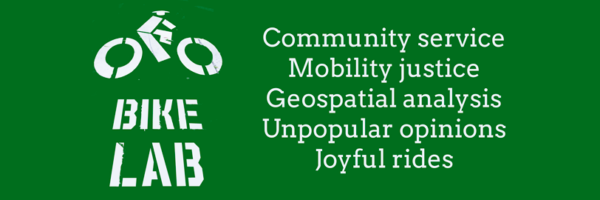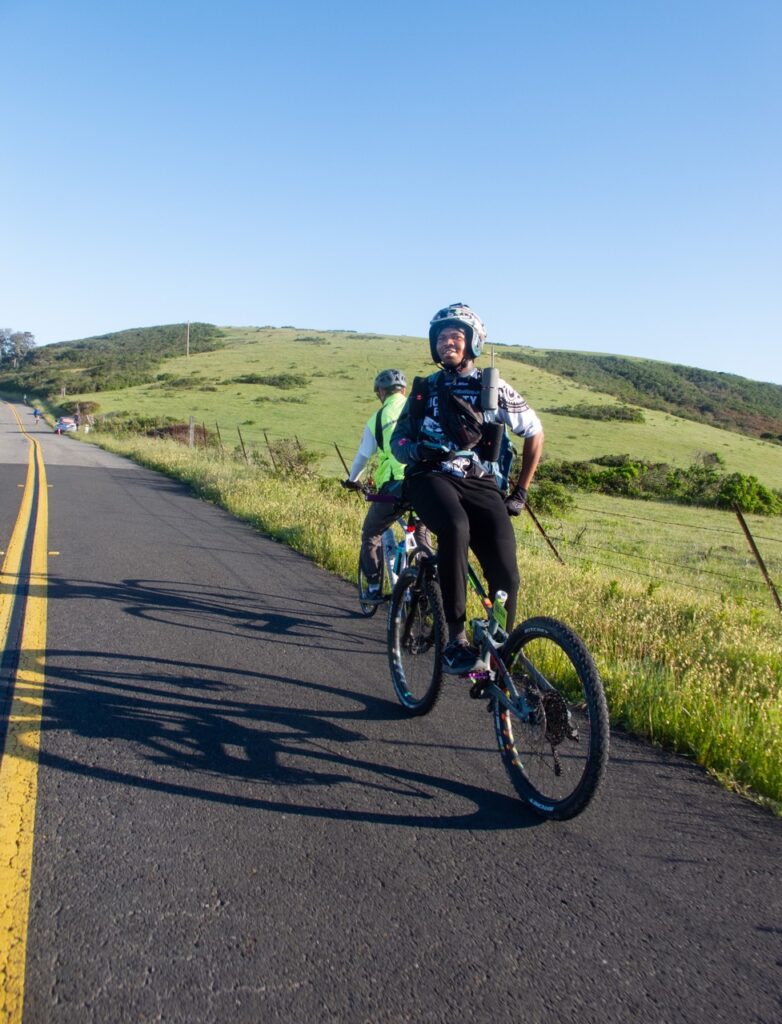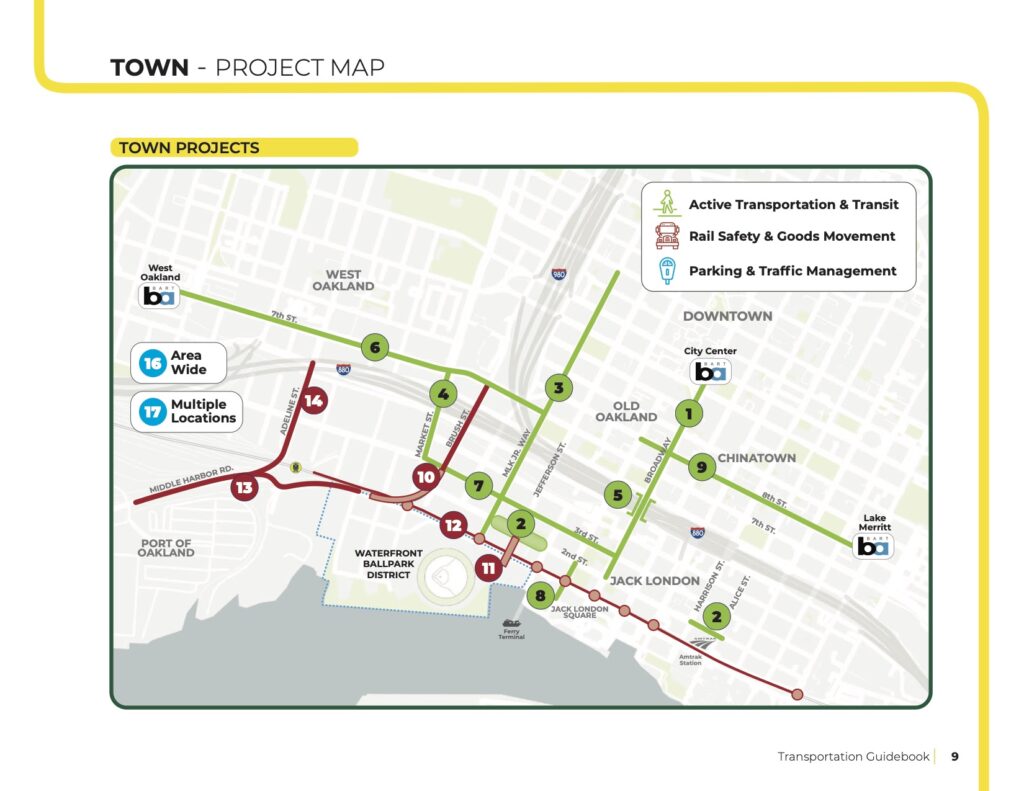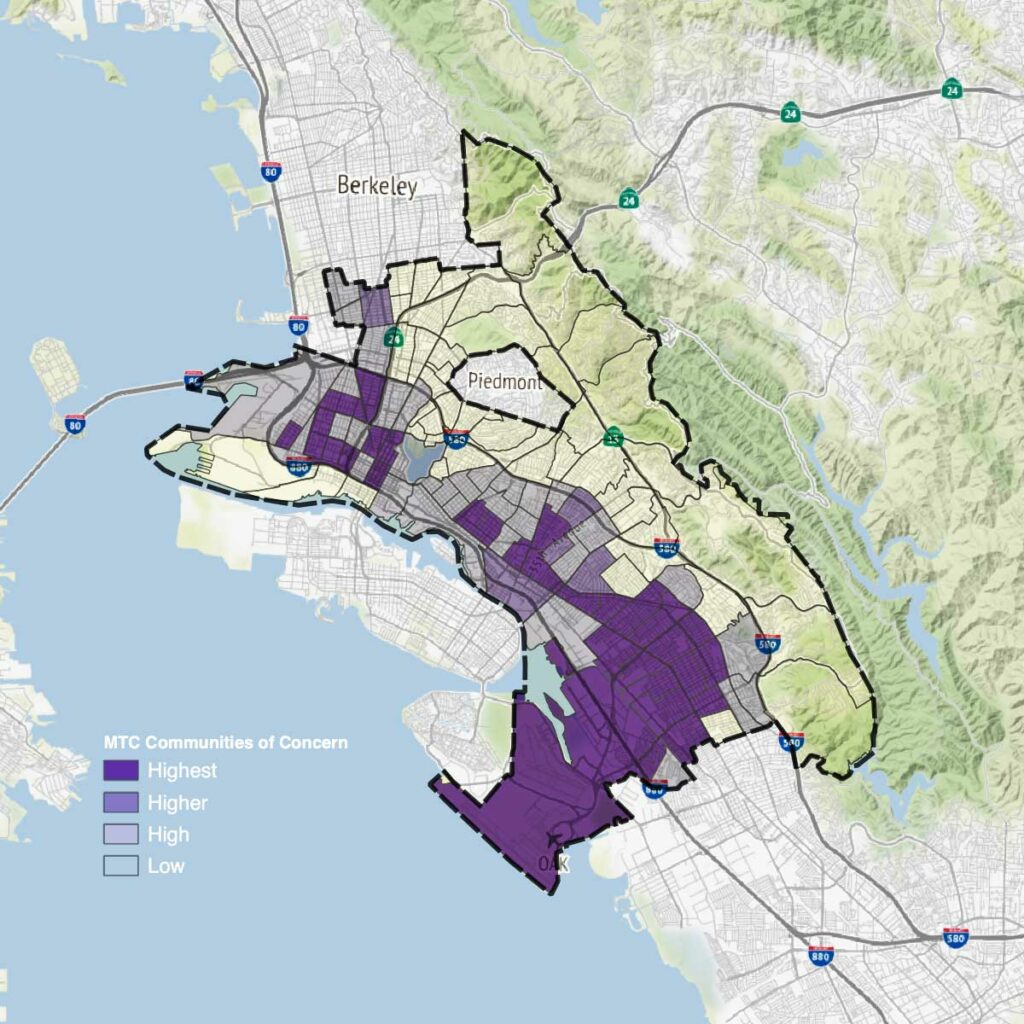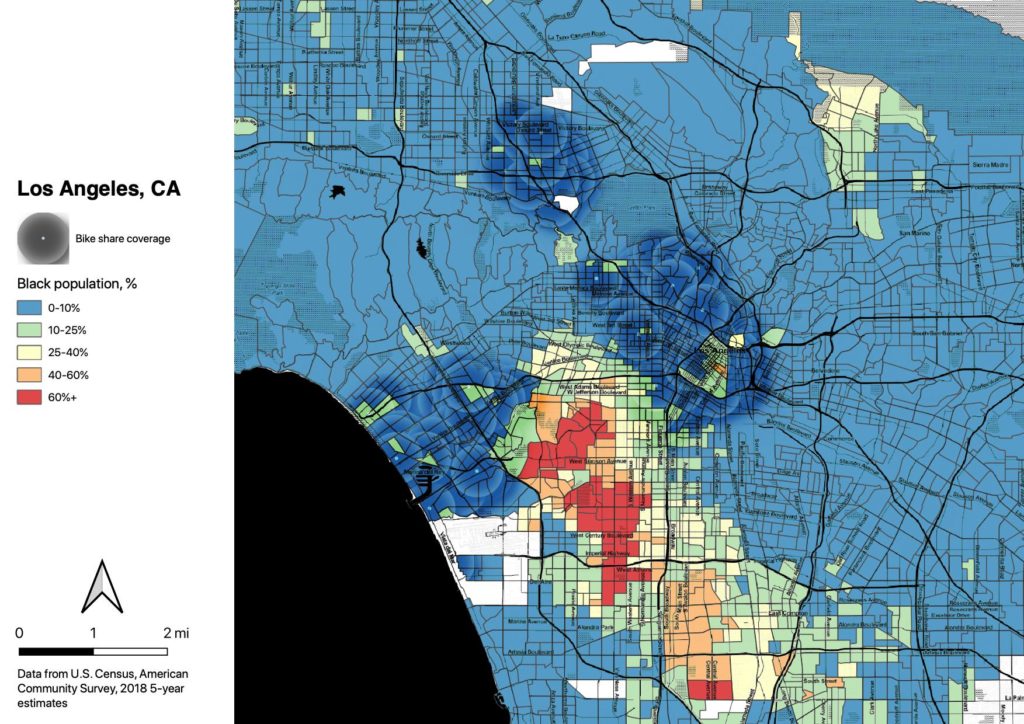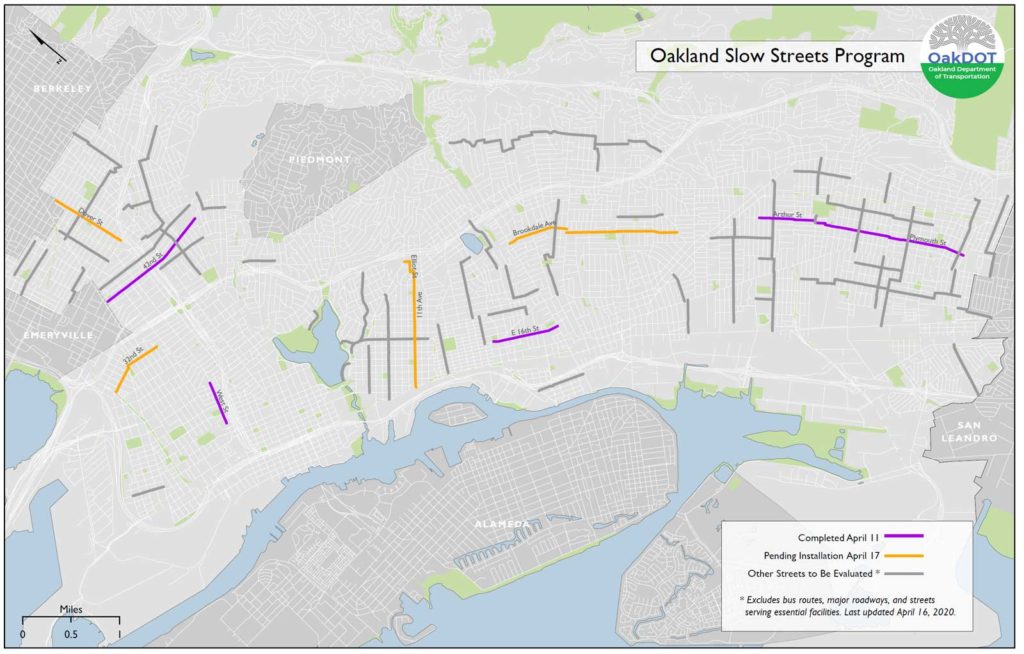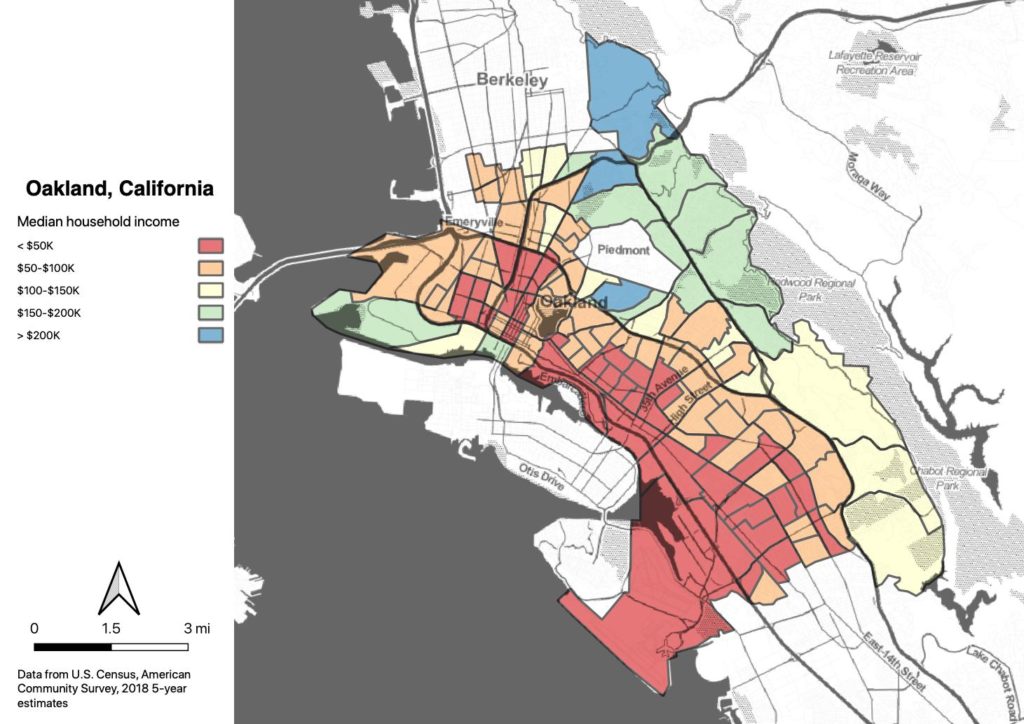Getting it backwards
I had the privilege to accompany Backwards Brian to the Climate Ride Green Fondo. I talked with some of the organizers about their decision to allow him to join after hearing about what happened with AIDS LIfeCycle. To Climate Ride’s credit, they were willing to sit with the discomfort for a while, and eventually let Brian do his thing. Can we foster that kind of inclusion throughout the bike world? I’m pretty sure we’d all benefit.
